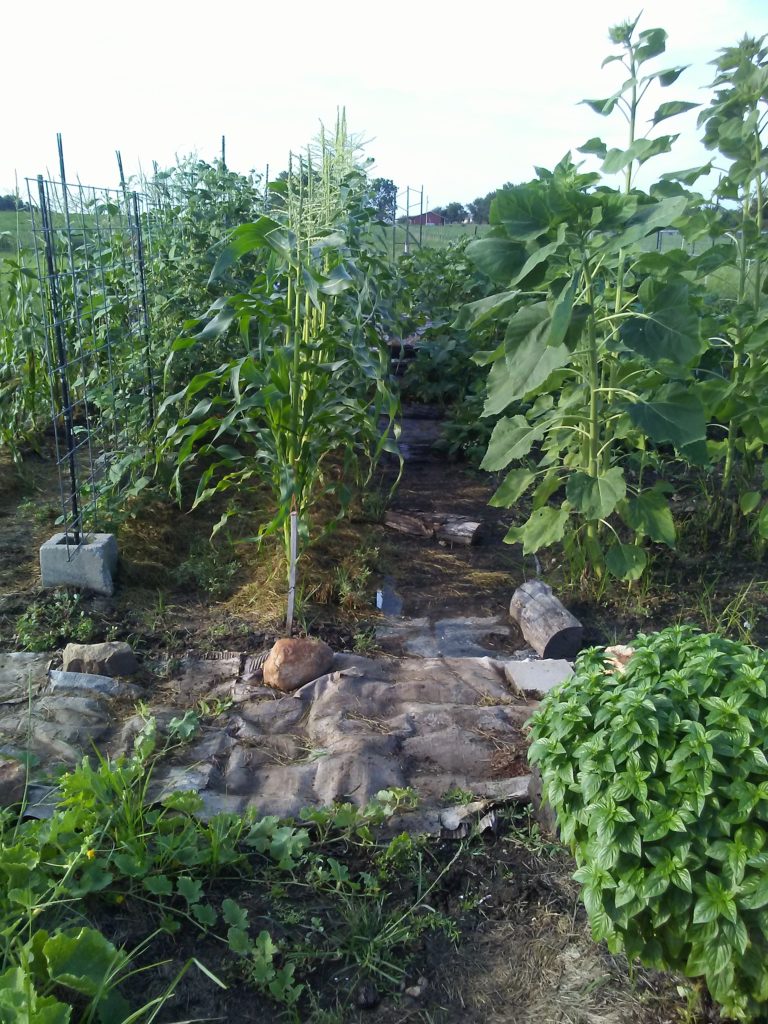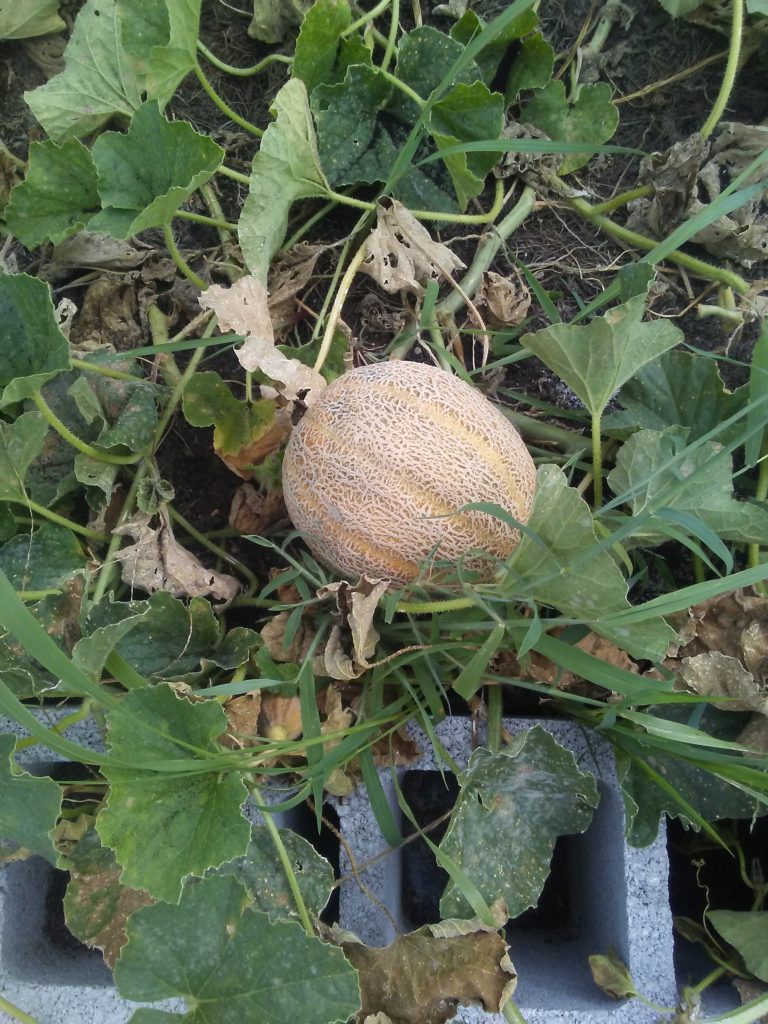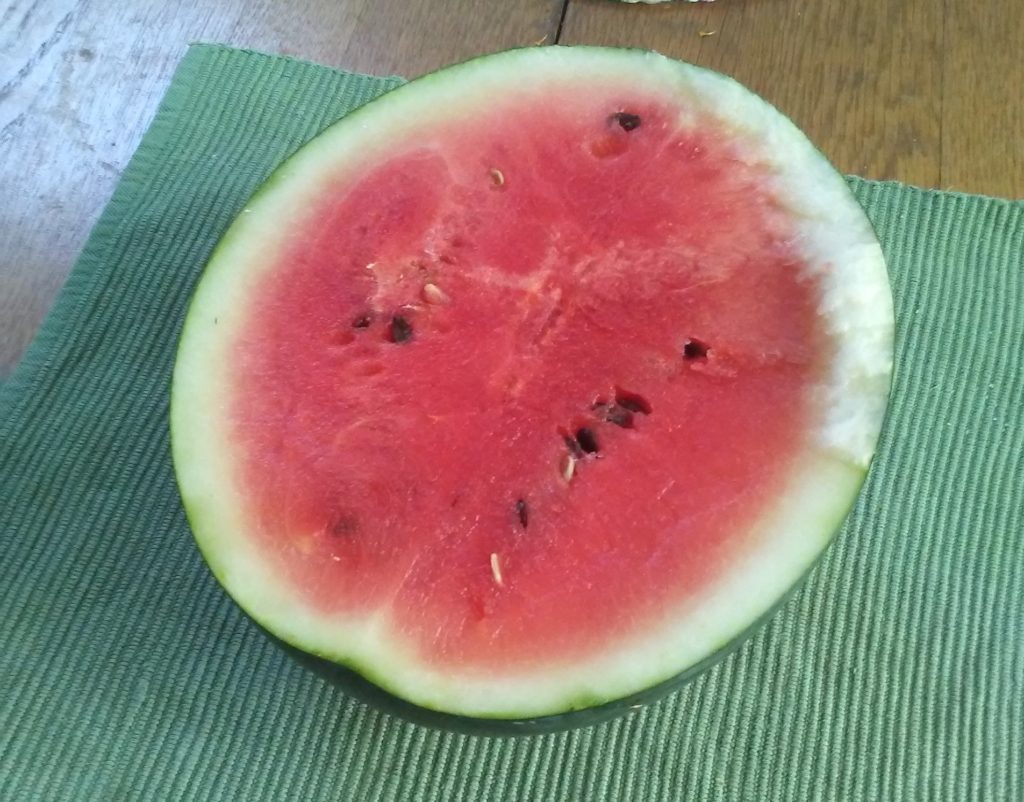Fear is a verb and a noun, and in both forms it’s usually negative. Fear can be useful when it prevents us from stupid actions, but even then it doesn’t feel good, or build character, or add value. It just keeps us alive to fear another day.
Fear (the noun) is the default response to trying something new (They’re gonna laugh at me), or standing up against injustice (They’re gonna turn on me) or just crossing the yard to meet the neighbors (They’re not gonna like me). In more extreme cases, it can prod us into battle or cliff diving if we fear the scorn of our buddies even more than the risk to our persons.
Fear guards our fragile self-image like a sentry marching back and forth with a shouldered rifle, starting at every sound. The treasure it’s protecting is Me—precious little Me, with the persona I’ve pieced together over the years that can be so casually ripped open by one mean word.
That kind of fear I can do without.

There’s another kind of fear. It guards nothing. It’s deliberate and cultivated. It breaks down gates and strides through the world arm-in-arm with a self-image no longer fragile, because it fears (verb) the one thing worth fearing.
The fear of the Lord is the beginning of wisdom (Pr. 1:7), deliverance (Ps. 34:4), blessing (Ps. 115:19), fulfillment (Ps. 145:19), honor (Pro. 22:4), provision (Ps. 111:5) goodness (Ps. 31:19)—and much, much more. We have the Lord’s own word on that. Then why is it so hard to fear the Lord?
It might have been easier for earlier generations raised on hellfire sermons, but even that was often the wrong kind of fear (if it didn’t progress to the right kind): trembling, shame-filled, run-and-hide fear like Adam who called out form the bush: “We heard you coming, and we were afraid.” The paired image of God used to run to him. Now they run away, as humans have done ever since.
Godly fear causes us to run toward him once again. It’s an emotion literally out of this world, though C. S. Lewis found something like it in a scene from Wind and the Willows, where Mole and Rat encounter the demigod Pan. [Mole] found breath to whisper, shaking, ‘Are you afraid?’ ‘Afraid?’ murmured the Rat, his eyes shining with unutterable love. ‘Afraid? Of Him? O, never, never. And yet – and yet – O Mole, I am afraid.’”
“Unutterable love,” of something wholly outside ourselves yet wholly intimate, is fear like nothing else. It—that is, He—could kill us with a glance—but he won’t. He could unmake us with a word, but his desire is to remake us. Everything that ever made a human heart sing, be it a literal song or a magnificent landscape or the road-hugging sweep of a perfectly-tuned racecar, leads back to him who made the human heart. Whatever pulls us out of ourselves, even for a moment, is meant to find fulfillment in him.
If you fear God rightly, the saying goes, you need fear nothing else. “Fear not,” or the equivalent, is said to occur in the Bible 365 times—one for every day of the year. If I’ve lost myself in him, I don’t need a sentry. Little Me has found perfect protection.
But if I don’t fear him rightly, or at all, well: It is a fearful thing to fall into the hands of the living God (Heb. 10:31). In the end it comes down to two choices: Shelter in his love, or face his wrath.





